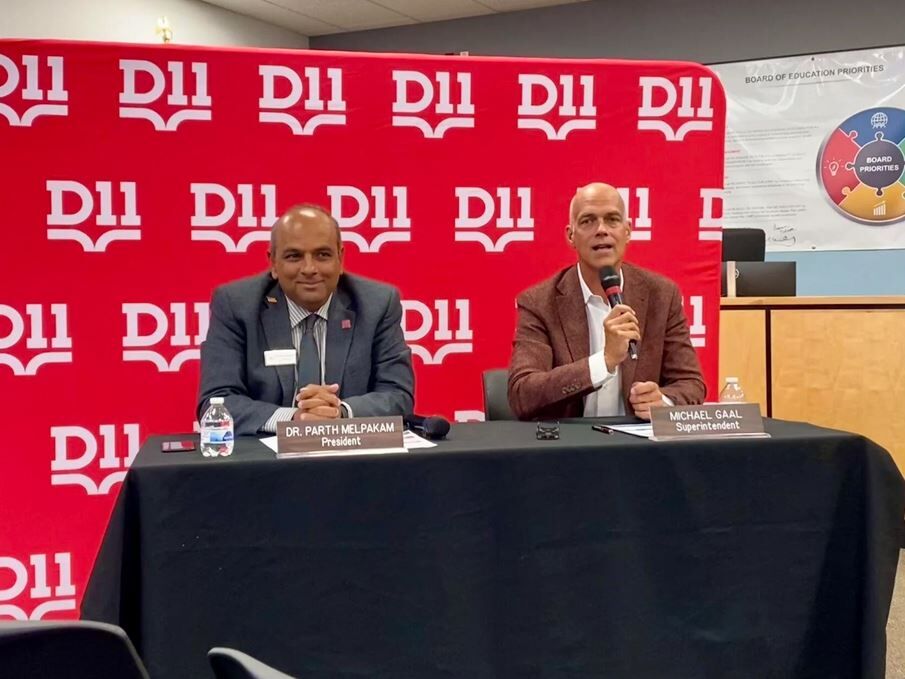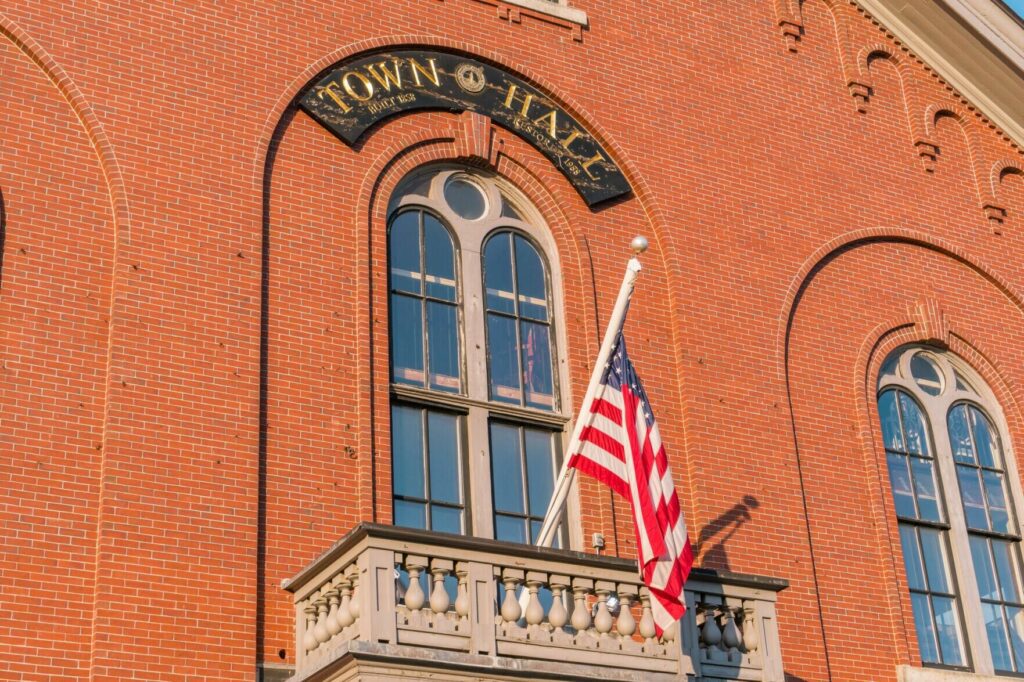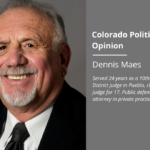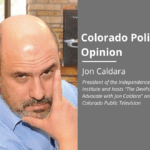Gov. Polis should stop ‘DEI’ | Colorado Springs Gazette
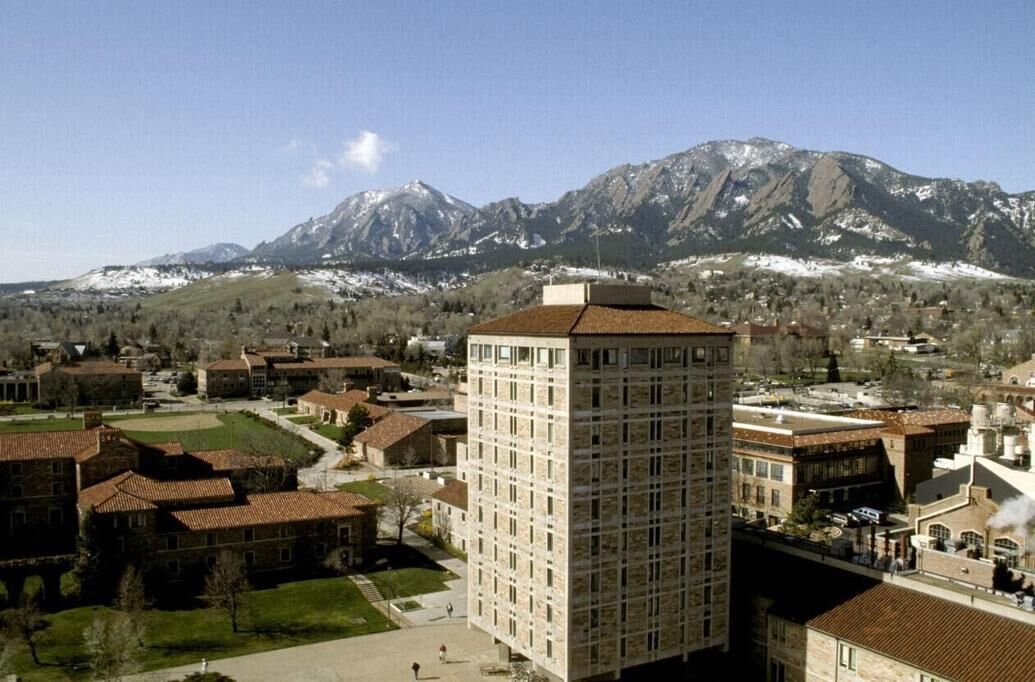
The May 2020 murder of George Floyd by a Minneapolis police officer, now in prison, had a wide-ranging impact on society. It rekindled a needed national conversation on racial justice – Floyd was Black; his killer, White – but also was exploited by opportunists who hijacked peaceful rallies and turned them into violent riots. Colorado experienced its share of both.
Among other repercussions was a complete misfire that had nothing to do with honoring Floyd’s memory or learning from his tragic death. It was the sudden rise of a new dogma summed up in the catchphrase, “diversity, equity and inclusion.”
Also known by its acronym, “DEI,” the verbiage has caught on so quickly across our state and the rest of the country that just about everyone has heard of it – even if no one is entirely sure what it means.
Which made it the perfect platform for resurrecting discredited, discriminatory affirmative action policies under a new label. Not even four years after Floyd’s death, the “diversity, equity and inclusion” mantra has become the operating premise for a new generation of race- and gender-based policies and the bureaucracies that implement them in government, higher ed and other public institutions.
Stay up to speed: Sign up for daily opinion in your inbox Monday-Friday
What is essentially affirmative action 2.0 has been invoked to conjure up entire offices and even vice presidencies dedicated to diversity, equity and inclusion – with assorted ripple effects.
They skew college admissions; they distort K-12 curriculum to indoctrinate kids; they stack the deck in hiring, and they create a legal tripwire for litigation. Along the way, DEI policies add a whole lot of unwarranted FTEs to the public payroll.
The fundamentally flawed premise of the pernicious DEI movement, as with affirmative action, is that people of a given race, ethnicity, sex, gender identity – you name it – supposedly cannot succeed on campus, in their careers or in life in general without legal intervention and public subsidies. The presumption, in other words, is they need preferential treatment.
Such legally sanctioned discrimination not only is an insult to the presumed beneficiaries, but it also is unconstitutional in some circumstances. The U.S. Supreme Court made that clear in June’s landmark ruling striking down race-based admissions programs in higher ed.
Fortunately, some state governments are starting to step back from the cliff’s edge. More than a dozen state legislatures, including in North Carolina, Ohio, South Carolina and Virginia, considered or passed bills last year curbing DEI programs in higher ed and, in some cases, public schools.
Colorado’s neighbor Oklahoma is the latest to act. Gov. Kevin Stitt signed an executive order last month defunding diversity, equity and inclusion offices and programs in state agencies, including the public colleges.
Gov. Jared Polis ought to do likewise. He can sidestep the political quagmire of the Legislature with an executive order dismantling DEI offices and programs in state government.
Polis is nothing if not an independent thinker, at times above the partisan fray. Some call him a maverick. The quest for equal opportunity ought to appeal to his highest principles given his impassioned, longtime support for equal opportunity in public education.
While he’s at it, Polis should call on the higher ed governing bodies to follow suit. The state’s higher-ed systems have their governance – the University of Colorado Board of Regents is elected – so it is incumbent on their respective board members to stand up for true equality.
That means standing against the preferential treatment of DEI and disbanding its enforcement arm in their bureaucracies.
Although the momentum to take down DEI comes mostly from the right side of the political aisle, the backlash against the “diversity, equity and inclusion” agenda is ultimately not about the usual partisan divide or the perennial faceoff over ideology. It is about restoring fairness and true equal opportunity to public policy.
It’s a cause Polis, and Colorado higher ed, should embrace with conviction.
Colorado Springs Gazette Editorial Board







